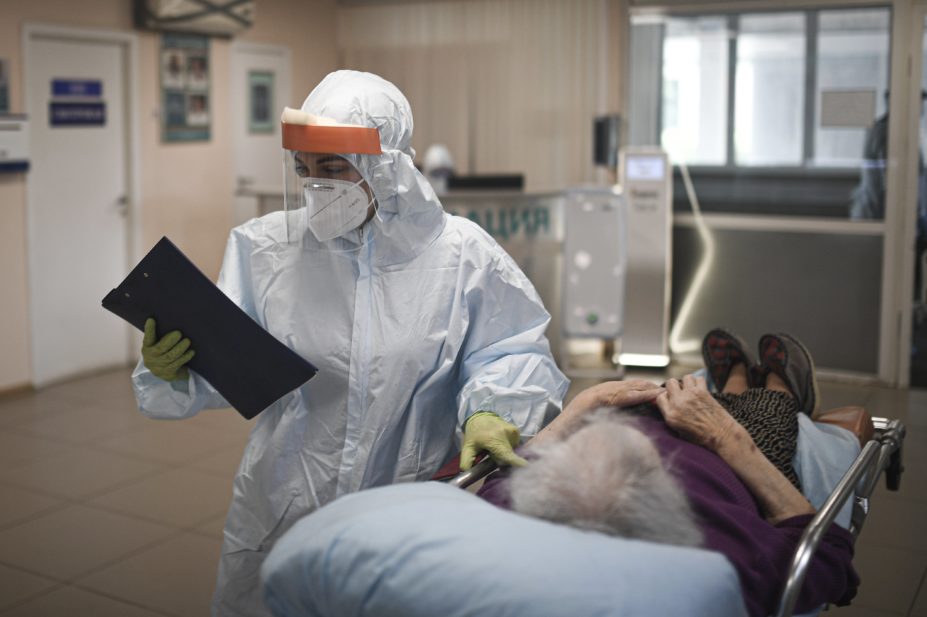
Shutterstock.com
More than half of the UK’s frontline health and social care workers experienced a mental health disorder during the first COVID-19 lockdown, according to a study in the European Journal of Psychotraumatology.
And more than a fifth of the staff, which included pharmacists, met the criteria for post-traumatic stress disorder (PTSD).
Researchers at University College London and the University of Haifa, Israel, surveyed 1,194 staff — including pharmacists, doctors, nurses and porters — based in hospitals, nursing or care homes and other community settings. Of these, 58% reported that they had experienced a mental health disorder during the first months of the pandemic.
Just under half (47%) of the respondents had clinically significant anxiety, and the same proportion had depression. The study also found that 22% met the criteria for PTSD.
The authors noted that the majority of those surveyed were female (92.4%) and white (90.8%), identifying this as a limitation of the study.
Talya Greene, lead author of the study, said that “we may be on the verge of a mental health crisis across the health and social care sector”. Greene added that the findings “highlight the urgency for immediate long-term funding for specialist mental health services for all health and social care workers”.
The latest findings are similar to those uncovered during a survey by the Royal Pharmaceutical Society and Pharmacist Support in autumn 2020, which found that just over half (54%) of respondents said the pandemic had affected their mental health and wellbeing to some extent. A third (31%) had been significantly affected.
Sandra Gidley, president of the RPS, said that the pandemic “has been an incredibly challenging time for pharmacists and their teams, who have been working hard throughout to support patient care. These statistics echo what we found in our annual survey on mental health and wellbeing last year, which demonstrate the huge pressure that pharmacy teams have faced during the pandemic.
“Considering the crucial role that they play within our NHS, we’ll keep advocating for pharmacists to have access to the best possible support for their mental health and wellbeing.”
Pharmacists, and other NHS workers, have been able to access a mental health hotline for support in dealing with the pressures of COVID-19. This was launched by NHS England on 8 April 2020.
Harpreet Chana, pharmacist and founder of the Mental Wealth Academy, said that the latest findings “sadly don’t surprise me”, adding that this is a “huge problem that will only get worse unless action is taken”.
“I speak to and work with hundreds of pharmacists, and I know from my own experience that pharmacists will only seek help when they are literally at breaking point,” she said.
“I would like to see more support given to those people who aren’t necessarily at this point but are absolutely in need of some help and guidance on how to self-regulate better.”


